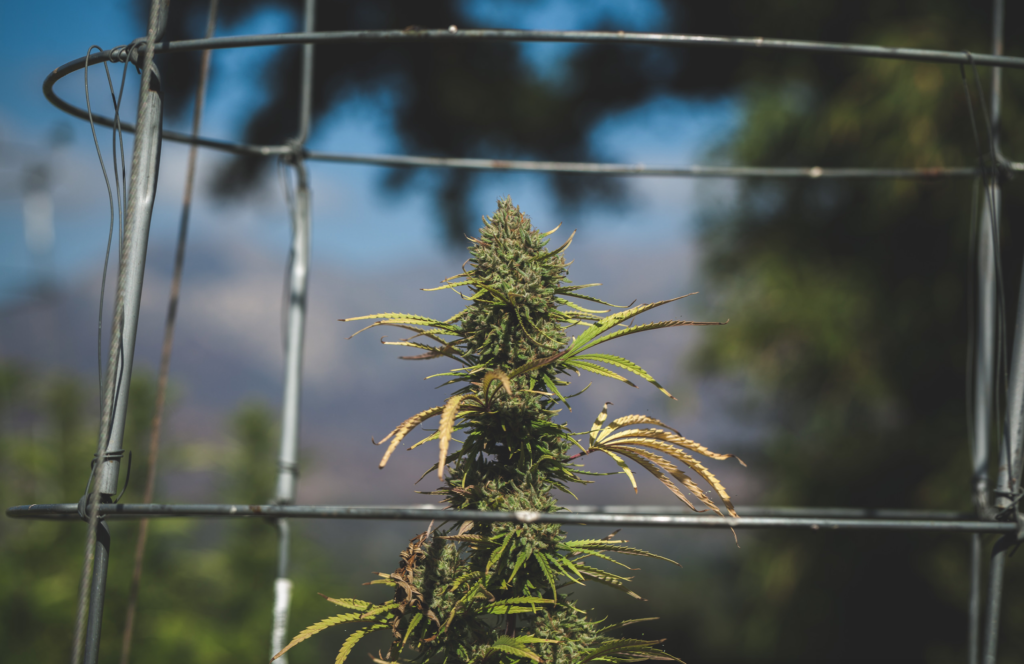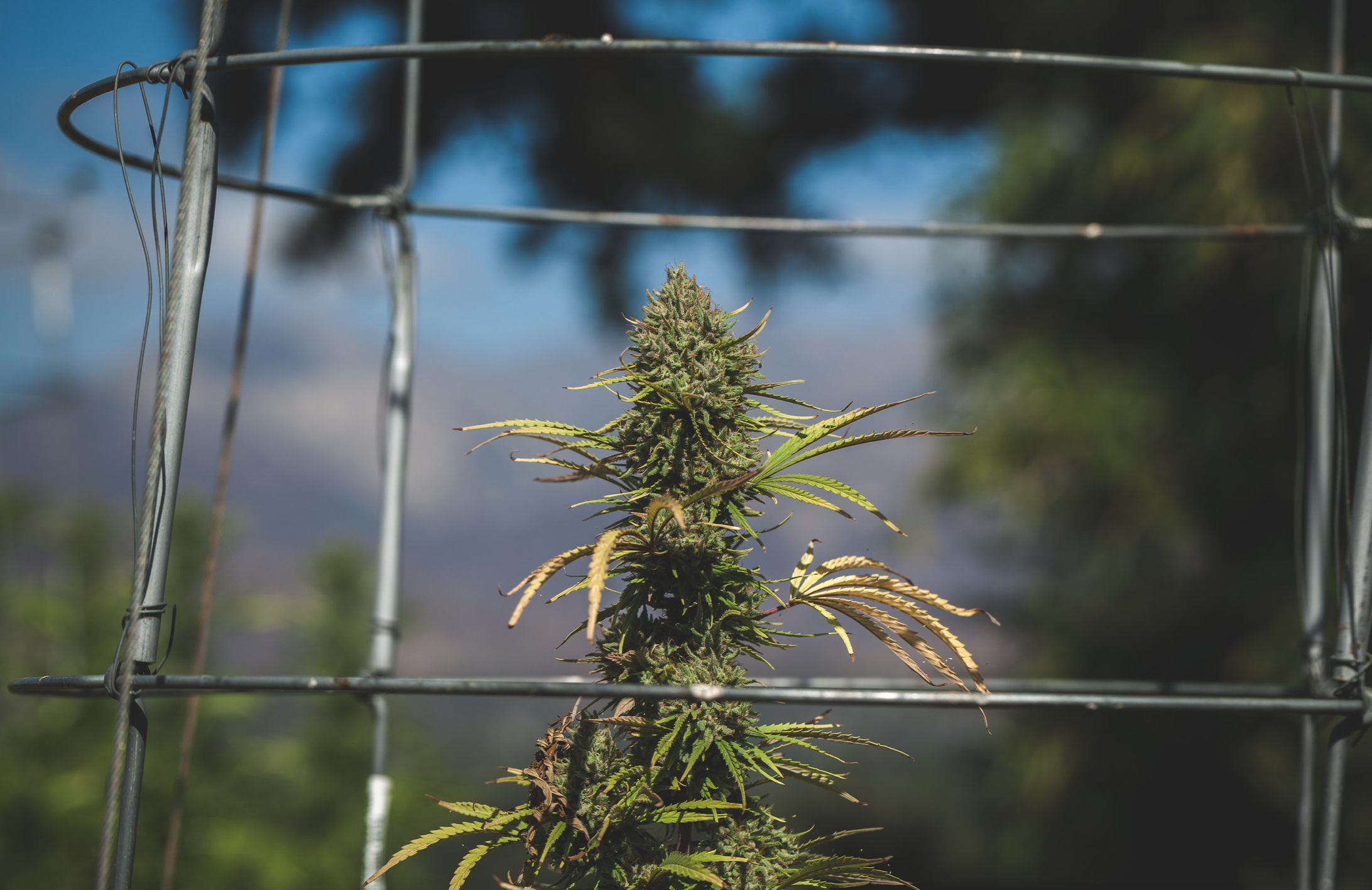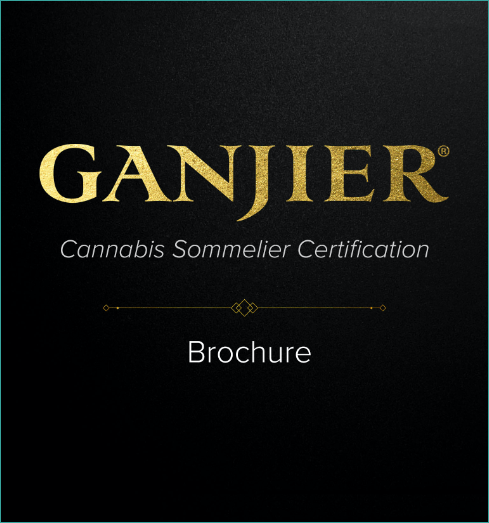
Prohibition 2021: Still criminal
In 2021, almost every state allows some kind of cannabis access. However, in regions like the southeast, those laws can still be restrictive and penalties severe. The Ganjier cannabis sommelier program is blessed to have students from all over the United States, even places where full legalization is still a work in progress.
I sat down with James and Jesse, two Ganjier students from Georgia to learn more about the path for a Ganjier in the south.
Where did you grow up?
James: Georgia. South Fulton County, near Atlanta.
Jesse: I grew up in Washington GA (between Athen and Augusta). County had 5000 people and there were 89 people in my graduating class.
What messages do you remember hearing about cannabis growing up?
James: That it was a gateway drug that would destroy your brain, make you lazy. The usual stereotypes, that it would lead you to a life of crime.
Jesse: Both of my parents were born and raised in SoCal, so I have a lot of family out there. We moved to GA when I was two. My parents were more tolerant of cannabis than others in our area. The quality has changed tremendously since then. We could NOT get good cannabis or learn about it. The Internet allowed me to do my own research.
What is it like to live somewhere where cannabis is still illegal and heavily penalized?
James: Depressing. Oppressive. Things you need to do to take care of yourself are criminalized. So you are either a criminal or unwell. I became a criminal, but eventually gave it up for my family. But life without it did a number on me, you rely on other substances to maintain. Anxiety over not being able to be your best self. Other substances take you away from your best self. Cannabis is a medicine of the soul. If you don’t have that, how can you be a better person? Depriving people of that is more criminal than the illicit behavior that comes along with the criminalization of cannabis.
Jesse: The Southeast has had the reputation of being a backwater place. But, there are places where people were trying to grow pot. As long as they were white, people didn’t care as much. There was this newspaper article with an old lady posing with a pot plant and cops. It took a long time for political theater to catch up to how people really feel. Now, the state is split down the middle on legalization. It used to be you could go to jail for one joint. So many people think it’s unnecessary to go to jail for a small amount of pot, but they still do it. I got a misdemeanor possession charge driving through the middle of GA. They found ⅛ of pot. There are sections of the state and county that are known traps. It is a game.
What does your family think about you entering the Ganjier program?
James: I didn’t tell anyone about it. I told my lady about it. I made sure my sister was educated because she uses cannabis.
Jesse: I have a few uncles who smoke cannabis. I have always been very vocal about my passion for cannabis. Being able to access information online was huge.
How do you think your hometown would benefit from cannabis legalization?
James: Georgia has a medical cannabis program that is still in its early stages. We have a lot of passionate advocates. They are working to decriminalize it around the state county by county, and municipality by municipality. The medical program is just oil and no dispensaries have opened yet. It is very expensive to get into the industry. They want evidence of a lot of capital. When you spend centuries criminalizing populations and then prevent them from participating in the industry, that is also criminal. I met Jack Herer and it changed my life. I wanted to participate. Laws were changing. I recognized the importance of homegrown and medical access not corporate access only or criminalization.
Jesse: Medicinal aspects in rural areas are important. Methamphetamine and opiate waves have hit these areas hard. It’s about creating jobs and a market. People want to work. It’s about creating a whole industry. There would be some hold out but that is due to the information barrier.
How do you think your hometown would benefit from a Ganjier?
James: The average consumer is not educated to the fine nuances of terpenes, cannabinoids, flavonoids and their interplay of entourage effects but instead is more interested in the latest and greatest hype based strains. To educate the populace would be great for the average consumer. There is still a lot of misinformation, even among the educated populace. The activists educate the legislators. Ganjier Educational Information would not only benefit consumers but those who drive legislation as well. That might be more important at this point. Recreational consumers might otherwise choose the product with the prettiest label. Atlanta is a distribution hub for illegal things, so if you aren’t dealing with an educated or scrupulous dealer, the product might be mislabeled. The day to day recreational market is driven by economics, more so than connoisseurs. Prohibition orientates the market toward profit over product. It is a hustlers marketplace for the average consumer, but for the educated consumer and dealer it is a connoisseur’s marketplace. It’s mostly based on who you know, not what you know. I was a participant in that underground economy, but then I met Jack and a Rasta friend steered me away from the hustle in favor of a knowledge based legal business. My state is still getting there as am I. The first place I sold large commercial scale weed was in a heroin house. Opiate pill poppers in pursuit of pills or cannabis, easily wind up around other drugs and get caught up with cheaper, harder options like heroin. And people will use what is cheapest. Cannabis needs to be affordable and legally accessible. In the South it is a matter of life,and death. A life of criminality and prison, or peace and prosperity.
Jesse: Having proper access to information is tough. What’s great about the southeast is the climate for it. If this industry can be portrayed as a viable, robust agricultural industry, they will come on board. This doesn’t just happen on the west coast. A Ganjier could help spread the knowledge, the corrupt beginnings of how it became illegal. This no longer reflects the people who use it.
Cannabis access continues to spread, and as it reaches places that were under prohibition rule until recently, there is the need for education and knowledge about how to use this plant effectively and efficiently. Ganjiers in newly emerging markets will have the task of not only addressing the harms of prohibition but also bringing cannabis use knowledge to a whole new crop of consumers ready to come into the light.


